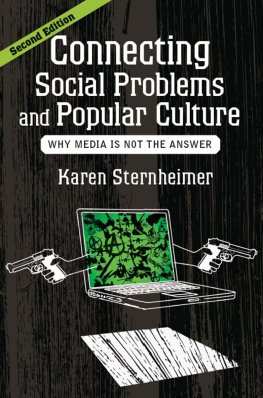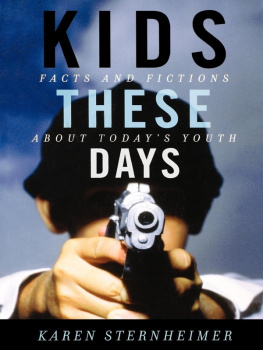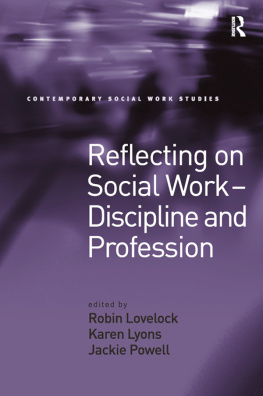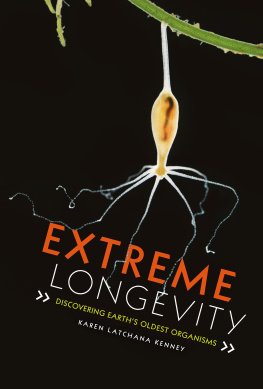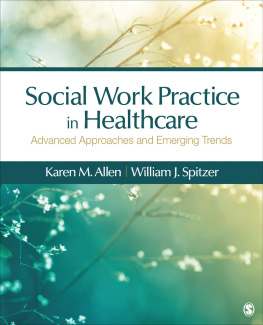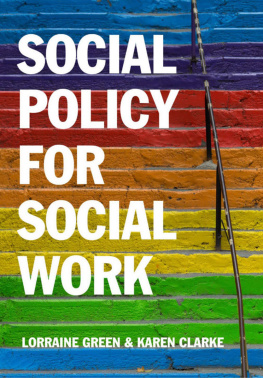
THE SOCIAL SCIENTISTS SOAPBOX
Whether your goal is to share little-known or misunderstood information, work to create policy changes, or raise awareness about a pressing social issue, this book will help you start communicating with the public and share your research with a broader audience.
Using examples from social scientists who have successfully navigated the public sphere, as well as firsthand accounts of the ups and downs of the writing, publishing, and promoting process, The Social Scientists Soapbox: Adventures in Writing Public Sociology presents readers with a step-by-step guide to get started, stay motivated, and complete both large and small writing projects for public audiences. Now, more than ever, social scientists need to share our ideas with the public, as misinformation, disinformation, and outright lies have filtered into the public discourse and policymaking.
Karen Sternheimer is a sociologist at the University of Southern California, where she is a distinguished fellow at the USC Center for Excellence in Teaching. She is also the author of Pop Culture Panics: How Moral Crusaders Create Meanings of Deviance and Delinquency (2015), Connecting Popular Culture and Social Problems: Why Media is Not the Answer (2013), Celebrity Culture and the American Dream: Stardom and Social Mobility (2011), Kids These Days: Facts and Fictions About Today's Youth (2006), It's Not the Media: The Truth About Pop Culture's Influence on Children (2003), and is the editor and lead writer for everydaysociologyblog.com. She has provided commentary for NPR, CNN, MSNBC, The History Channel, and Fox News.
Many social scientists dream of reaching broad audiences, few know how. And none of us teach our students how to do it. Sternheimers new book, full of practical suggestions, can help fill that gap.
James M. Jasper, City University of New York
Many social scientists dream of reaching broad audiences, few know how. And none of us teach our students how to do it. Sternheimers new book, full of practical suggestions, can help fill that gap.
James M. Jasper, City University of New York
THE SOCIAL SCIENTISTS SOAPBOX
Adventures in Writing Public Sociology
Karen Sternheimer
First published 2018
by Routledge
711 Third Avenue, New York, NY 10017
and by Routledge
2 Park Square, Milton Park, Abingdon, Oxon, OX14 4RN
Routledge is an imprint of the Taylor & Francis Group, an informa business
2018 Taylor & Francis
The right of Karen Sternheimer to be identified as author of this work has been asserted by her in accordance with sections 77 and 78 of the Copyright, Designs and Patents Act 1988.
All rights reserved. No part of this book may be reprinted or reproduced or utilised in any form or by any electronic, mechanical, or other means, now known or hereafter invented, including photocopying and recording, or in any information storage or retrieval system, without permission in writing from the publishers.
Trademark notice: Product or corporate names may be trademarks or registered trademarks, and are used only for identification and explanation without intent to infringe.
Library of Congress Cataloging in Publication Data
Names: Sternheimer, Karen, author.
Title: The social scientists soapbox : adventures in writing public sociology / Karen Sternheimer.
Description: New York, NY : Routledge, 2017.
Identifiers: LCCN 2017008247 | ISBN 9781138056428 (hardcover : alk. paper) | ISBN 9781138056435 (pbk. : alk. paper) | ISBN 9781315165363 (ebook)
Subjects: LCSH: Sociology--Authorship. | Sociology.
Classification: LCC HM569 .S74 2017 | DDC 301--dc23
LC record available at https://lccn.loc.gov/2017008247
ISBN: 978-1-138-05642-8 (hbk)
ISBN: 978-1-138-05643-5 (pbk)
ISBN: 978-1-315-16536-3 (ebk)
It has never been easier for social scientists to share our ideas with the public. It has also never been so necessary.
What twenty-first-century tools can you use to share your research with the public, and how do you get started?
Whether your goal is to share little known or misunderstood information, work to create policy changes, or raise awareness about a pressing social issue, sharing our ideas with the public can take many forms. This book explores how to start communicating with the public and share the insights of your research with a broader audience.
Using examples from social scientists who have successfully navigated the public sphere, as well as first-hand accounts of the ups and downs of the writing, publishing, and promoting process, The Social Scientists Soapbox presents readers with step-by-step suggestions on how to get started, stay motivated, and complete both large and small writing projects for public audiences. Now, more than ever, social scientists need to share our ideas with the public, as misinformation, disinformation, and outright lies have filtered into the public discourse and policymaking.
This book offers guidance to emerging scholars who might already use social media regularly but have little experience with traditional publishing and media appearances, as well as established scholars hoping to share their work with a broader audience. You will be encouraged to explore your own unique motivation for communicating with the public and come up with creative ways to share your message.
Graduate students will find material about creating a writing routine, precautions to take while on the job market or as junior faculty members in public forums particularly useful. New scholars will also find advice on working with mentors throughout this process.
There is no one-size-fits-all approach to sharing your research with the public, but there are a variety of resources you might use to inform the public and enlighten policy makers. This book aims to give you a selection of options from which to choose and determine which plan of action is right for you.
The Social Scientists Soapboxs Key Features:
Experiences of writing and publishing in multiple platforms, from the authors experience as well as quotes from social scientists across disciplines
Presents a guide for exploring creativity, brainstorming, and creating a writing routine
Encourages writers to consider specific audiences you want to reach, and how to speak directly to them to keep them interested in your work
Includes a guide to getting a book contract, including whether to find a literary agent to publish with a trade press or go with an academic press, as well as working with editors and other publishing staff
Tips on talking to reporters, including on video, on the radio, and for print interviews
Suggestions for promoting your work through social media, using blogs, podcasts, videos, and more
It would be impossible to thank the perhaps hundreds of people who have played an important role in helping me share my work with the public, including the many reporters, editors, and producers that I worked with, however briefly, over the last decade. These experiences taught me a lot, without which I wouldnt have been inspired to write this book. A special thanks to Elisabeth Chretien for encouraging me to share these experiences with other social scientists.




